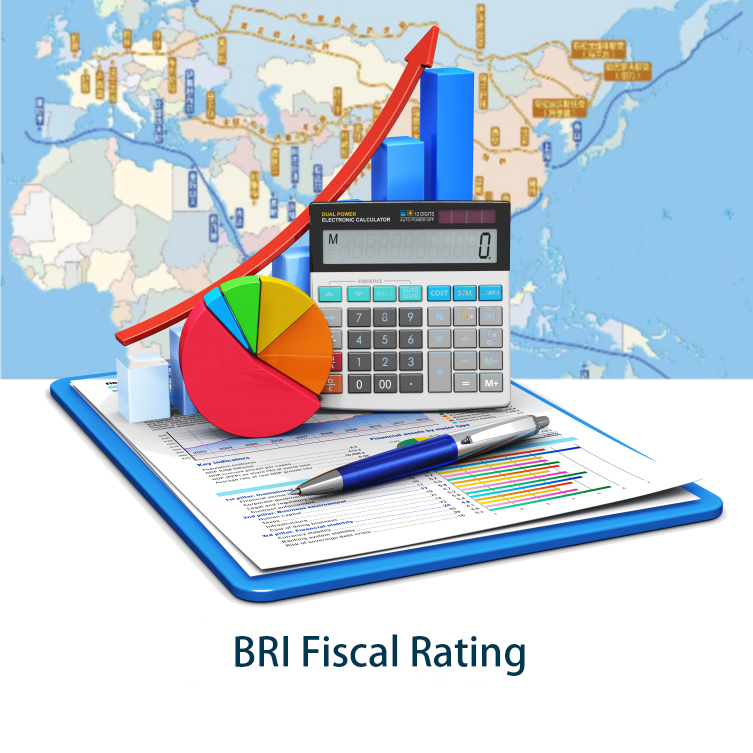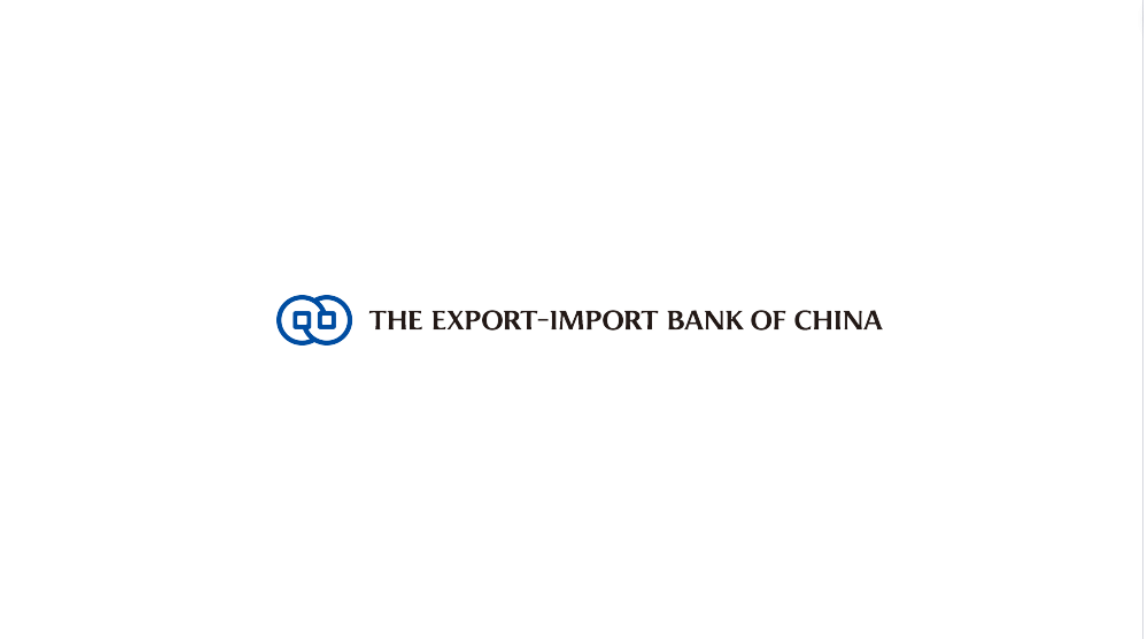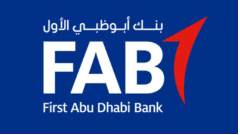Why Global ESG Audits Will Be 'Limited' at First: Explained
1. Will sustainability reporting be audited?
Most big companies operating internationally will face mandatory environmental, social and governance reporting requirements over the next few years. The earliest mandate is coming from the European Union, which will demand sustainabiity reports from all big companies, including foreign companies operating there, starting in fiscal 2024. At first the reports will have to undergo limited assurance—accuracy checks by an outside firm—but within a few years they will have to get full audits, according to Tom Seidenstein, chair of the International Auditing and Assurance Standards Board. No deadline has been set for that yet.
The International Sustainability Standards Board, a sister rulemaking body to the International Accounting Standards Board, expects to publish its first two sustainability standards, covering climate and general sustainability reporting, later this year. These must then be adopted by individual countries or regions such as the EU, and each country will decide if audits will be mandatory. However, standard setters have said they are writing the new rules with the intention of auditing disclosures. In time, the ISSB intends to write reporting standards covering the full range of ESG issues.
2. What’s the difference between limited and reasonable assurance?
Many companies already have assurance over their voluntary ESG disclosures, said Larry Bradley, global head of audit at KPMG International. Mostly, this meant limited assurance, “which is a well-established concept in financial accounting. It’s a negative assurance that nothing has been found to suggest management claims are wrong.” This requires around 20-25% of the work done in a full audit, he said, where more detailed work is necessary to provide “reasonable” (but not entire) assurance that there are no material misstatements.
Seidenstein said that obtaining limited assurance can sometimes take more than half of the time required for a full audit. He explained that the IAASB, which sets auditing rules followed by around 140 countries globally, is working on a dedicated auditing standard for ESG disclosures that would include a definition of full and limited assurance. A draft is expected to be published this year, with the target of final approval before March 2025. “We’re confident it will be ready in time for EU and other requirements,” Seidenstein said, although ESG audits can be done using existing non-financial auditing rules before then. About half of companies globally already have their sustainability disclosures assured, he said, and of those, 83% use limited assurance.
3. Why will only limited assurance be required initially
Many areas of ESG reporting are still evolving, with some areas of data collection and calculation still far from mature and therefore hard to audit fully, Bradley said. He acknowledged that the costs for companies of collecting and analyzing the new types of information necessary for sustainability reporting could easily be as high as for IFRS 17, a controversial insurance accounting standard effective starting this year that could cost up to $24 billion for insurers globally to implement, according to a WTW survey.
Patrick de Cambourg, chair of the EFRAG Sustainability Reporting Board, also pointed to the need for companies to gear up to the new reporting requirements before obtaining reasonable assurance, especially over the requirement for forward-looking statements. Reporting requirements will change, too. The European Financial Reporting Advisory Group has drawn up the EU’s reporting standards as technical adviser to the European Commission, and they will be reviewed every three years, he said, emphasizing that EFRAG didn’t decide on assurance requirements.
4. Who will do the work?
That remains an open question, certainly for ISSB audits, because no country has yet confirmed it will use the standards or whether they must be audited. However, the EU has said that qualified organizations in addition to accountants could do the work, in an attempt to prevent the field becoming a monopoly for the biggest firms.
Seidenstein cited 2021 research suggesting that most big companies globally already do ESG reporting, with about half (51%) of the reports assured. Some 63% of the assurance was provided by accounting firms, although the proportion varied widely by region: Companies in EU countries such as France and Germany largely used accounting firms, but they only accounted for 11% of the US market, where companies often prefer to use specialist ESG or engineering firms, according to the International Federation of Accountants.
Bradley said that accounting firms pushed to hire and train more staff with ESG, rather than purely financial accounting, expertise. In 2021 KPMG launched a program to train all its staff in sustainability matters. “We have a duty to provide assurance,” he said, asked if accounting firms might be scared of verifying forward-looking ESG statements, with fears of lawsuits from investors if companies failed to meet their predictions.
5. How will this tie in to financial audits?
Financial and sustainability disclosures are separate, and require separate audits. There is plenty of overlap, however, with material sustainability issues required to be reported in the financials.
The ISSB has launched a project to coordinate disclosures with its sister body, the International Accounting Standards Board. The two will work together over revising guidance for the management commentary, a narrative section of the accounts that houses ESG disclosures.
The need to coordinate financial and ESG disclosures means there is a strong argument for a single firm doing both of the audits, according to Eelco van der Enden, CEO of the Global Reporting Initiative, which sets voluntary ESG reporting rules used by around 10,000 companies worldwide.
GRI’s rules underpin the EU’s sustainability standards, and Van der Enden said he considered assurance “essential” for their credibility—a view likely to be echoed globally. “All of the G-20 countries are discussing introducing ISSB and GRI standards, either through legislation or through other means such as stock exchange requirements,” he said.






















































First, please LoginComment After ~